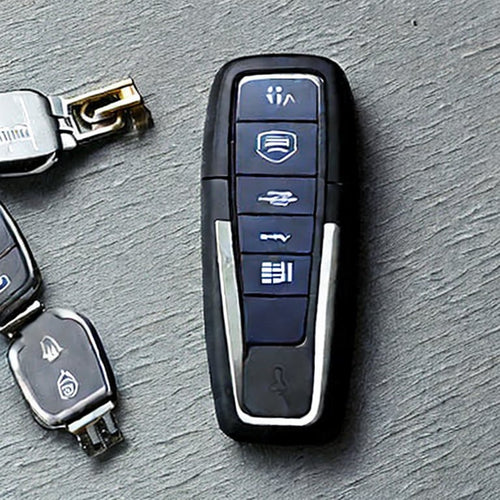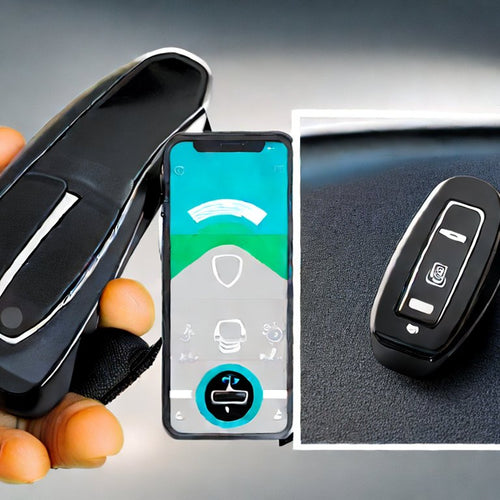
The Dark Side of Smart Keys: Understanding the Risks of Hacking and How to Protect Yourself
- on January 28, 2023
- Categories: Auto
Smart keys have become a popular feature in many vehicles today, offering drivers the convenience of keyless entry and remote start capabilities. However, with the increasing use of smart keys, it's important to be aware of the potential vulnerabilities that come with these devices. In this post, we will discuss the potential risks of hacking for smart keys and what you can do to protect yourself.
First and foremost, it's important to understand that smart keys are essentially small computers that can be hacked. As stated in [1], "Like most smart devices, people often forget that a smart lock is actually a small computer, and it can be hacked." This means that hackers can potentially access your vehicle's data and even gain entry to your car if the smart key is Bluetooth-enabled. In 2016, security researcher Anthony Rose discovered a bug in the Bluetooth functionality of smart locks, allowing hackers to gain access to the locks [1]. This highlights the importance of keeping your smart key's software up to date and being cautious of any suspicious activity or unauthorized access attempts.
One way in which hackers can gain access to your smart key is through phishing scams. According to [3], phishing is the most common tactic employed by hackers, as it preys on the less cyber-aware and requires the least amount of effort. In 2019, the FBI estimates that more than $1.75 billion was lost to business email scams such as phishing. To protect yourself from phishing scams, it's important to be vigilant of any suspicious emails or messages, especially those requesting personal or sensitive information. It's also a good practice to use anti-phishing software and to not click on links or download attachments from unknown sources.
Another method of hacking smart keys is through a technique called "relay attacks". In this type of attack, hackers use a device to amplify the signal emitted by a smart key, allowing them to gain access to the vehicle without being physically close to it. To protect yourself from relay attacks, it's recommended to use a faraday pouch to block the signal emitted by your smart key when it's not in use.
In addition to being aware of the potential vulnerabilities of smart keys, it's also important to take steps to protect yourself from hacking. Some of the steps you can take include:
- Keeping your smart key's software up to date
- Being cautious of suspicious activity or unauthorized access attempts
- Using anti-phishing software
- Not clicking on links or downloading attachments from unknown sources
- Using a faraday pouch to block the signal emitted by your smart key when it's not in use
In conclusion, smart keys offer a convenient and secure way to access and start your vehicle, but it's important to be aware of the potential vulnerabilities that come with these devices. By understanding the potential risks of hacking and taking steps to protect yourself, you can ensure that your smart key remains a secure and convenient feature of your vehicle.





